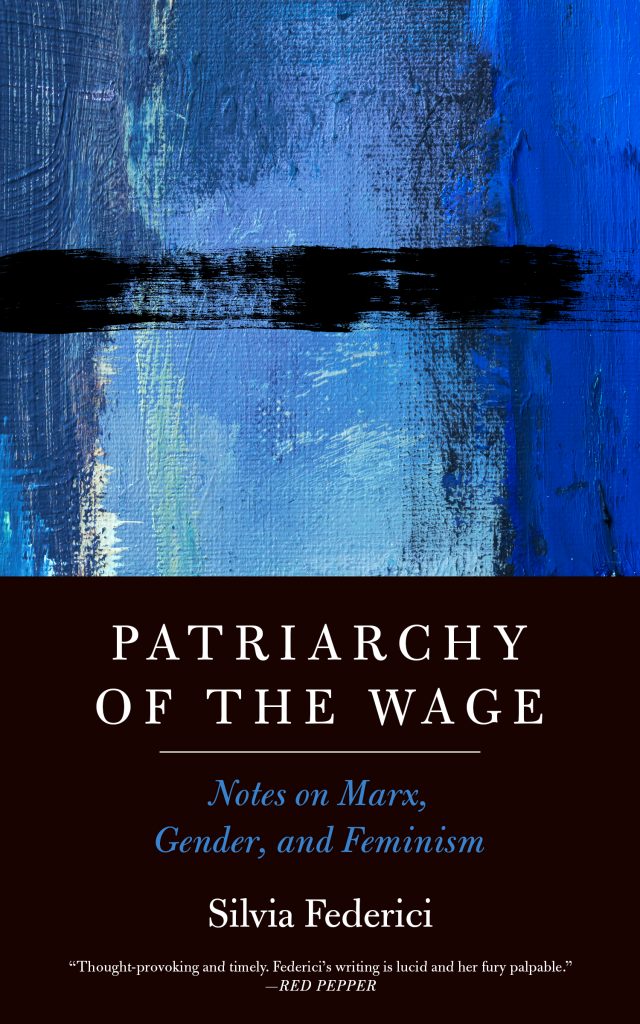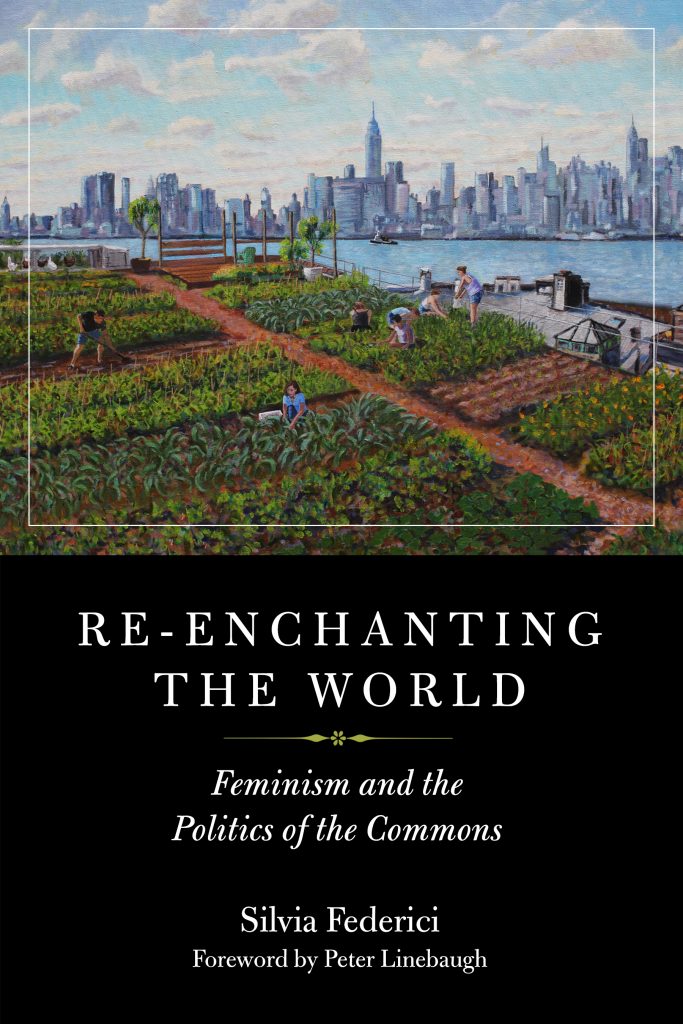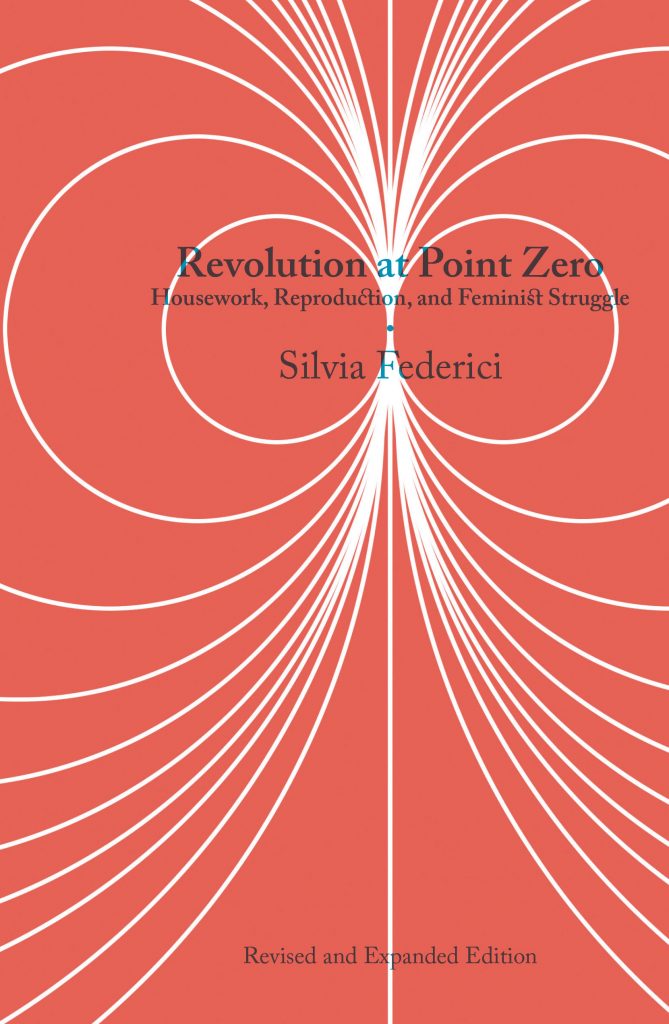By Katie Tandy
The Public
August 25th, 2021
 The pandemic threw into sharp relief what many of us already knew: our social systems — from unemployment and healthcare access to immigration status, race, and gender — are riddled with systemic inequalities that have compounded and multiplied over centuries.
The pandemic threw into sharp relief what many of us already knew: our social systems — from unemployment and healthcare access to immigration status, race, and gender — are riddled with systemic inequalities that have compounded and multiplied over centuries.
Social inequality is a hydra of epic proportions, a beast so powerful and deeply embedded in our American consciousness and economy alike it leaves no facet of our lives untouched by its fangs. But perhaps there is no community who felt the reckoning of this devastating collision of society and labor more acutely than low-wage, working mothers. And there is no one less surprised at this freefall of working mothers and families than Silvia Federici.
I had the absolute pleasure of interviewing Federici about her new book — Patriarchy of the Wage: Notes on Marx, Gender and Feminism — its troubling prescience around COVID, and how we might push back against the rising tides of capitalism.
An author, activist, and co-founder of the International Feminist Collective — which launched the Wages for Housework movement in the 1970s — Federici’s voice, writings, and rage has served as a rallying cry around the ubiquitous, unpaid work of domestic labor by women for decades.
In her latest book Patriarchy of the Wage, Federici gathers together essays and lectures that deftly unpack what is at stake when women and housework are continually undermined, expected to underpin an economy that won’t even acknowledge their work as work.
“The wage at least recognizes that you are a worker,” Federici told me, “and you can bargain and struggle around and against the terms and the quantity of that wage, the terms and the quantity of that work…but Marx has only given us a partial view of the capitalist system. He has underestimated capitalism’s resilience and its capacity to mobilize sectors of the working class as instruments of sexist and racist policies.”
The domestic labor of mothers and caregivers is not only a form of gendered economic oppression, she argues, but serves as the very foundation of exploitation upon which all of capitalism rests. In short? The virus disturbed a system that desperately needed to be disturbed.
Domestic and reproductive labor is defined by Federici as not only having children and rearing them, but refers to every bit of vital caregiving work that sustains a family and community.
COVID decimated the American workforce as we knew it; at its peak, 95% of the U.S. population was under stay-at-home orders. And while many higher-wage jobs successfully transitioned from in-person to remote, for the majority of low-wage jobs and working people — namely women and people of color in service, retail, construction, and hospitality jobs — they were left high and dry.
In a survey from May and June, one out of four women who became unemployed during the pandemic reported their job loss was due to a lack of childcare, twice the rate of men surveyed. And the more recent numbers are even more dire; between February and August mothers of children 12 years old and younger lost 2.2 million jobs compared to 870,000 jobs lost among fathers.
And mothers working full-time spend 50% more time each day caring for children than fathers working full-time.
Marx remains a common lens in talking about the labor movement; Federici says this book is a criticism of what Marxism has not done; it raises a number of issues as to where Marxism has been important for the feminist movement and where it has failed us.
For Federici, Marxism remains vital to the dialogue around the labor force because “it gives us an understanding of how so much of social relations and structure — by the logic of capitalism and work — the accumulation of wealth is organized and distributed, how work production is organized. It fundamentally shapes people’s lives.
“The whole system is rooted in the need to maximize the exploitation of Black people. The system is built on slavery and free labor. To me, you cannot speak of capitalism without speaking of women. Marxism is a powerful entry into the workings of the exploitation of labor. But embodiment is crucial. The reproduction of labor power is not accomplished by the market alone — the class struggle is not fought only in the factories but also in our bodies.”
Federici departs from Marx in a vital way, insisting that domestic and reproductive labor aren’t “industries” that can be automated, challenging Marx’s belief that industrialization would drastically reduce necessary labor and free our time for higher pursuits.
“The main argument running through the book is that for a definition of what constitutes work, a feminist perspective is all-important — it makes visible the extent to which capitalism relies on unpaid labor, how it has turned every aspect of women’s bodies and lives into forces of production.”
Federici is no stranger to the dark alchemy of turning women’s lives, bodies, and minds into vehicles of unpaid labor.
Born in Parma, Italy in 1942 — Federici calls it “one of the worst years in human history” — her childhood and upbringing deeply informed her lifelong activism around labor; she often cites her mother as the seed for much of her politics and feminism.
“I grew up in a post-war Italy coming out of fascist rule with a very misogynistic culture,” she told me.
“From a very early age I felt suffocated by the expectations of me as a woman. I saw the life of my mother — she identified very much as a housewife. She was not unhappy, but at the same time she saw her work being undervalued. Her work was not enough appreciated — she complained!”
Federici says that bearing witness to her mother’s life and her father’s interactions with her — “he cared for her but they had very patriarchal relations” — prepared and poised her for the women’s movement.
“Growing up in my first relationships with men, I was revolted by 15, 16. All these rules, all these fears — to always be on guard. All the contradictions between being a young woman and a man hit me. As a woman, you can never be open because if you let someone know how you’re feeling, you devalue yourself. They might abuse you. They might think you’re ‘not a good woman.’ You could be labeled a ‘whore’ the way your mother warned you. You felt the culture was structured against women.
“The women’s movement was a personal revolution too! I learned to set my own conditions, about having a collective experience, being with other women. Feeling that we could change things. The women’s movement taught us you could not change society without changing your own life.”
In 2020, 81.2 percent of employed mothers with children ages 6 to 17 worked full time; children don’t raise themselves and houses aren’t self-cleaning. Mothers outsourcing their domestic labor complicates the dialogue around class and capitalism and further compounds racial inequities. What happens when domestic labor becomes paid labor? What is lost or gained in the transference of working for your own home to working for someone else’s?
“These issues are gaining traction in the halls of power — not because they are new, but because they now affect even middle- and upper-class women, particularly white women,” writes Jordan Kisner for the New York Times. “Similarly, a broad interest in socialism hasn’t come about because capitalism has only just begun to harm workers, but because the gig economy and a vanished social safety net have broadened whom they harm.”
As the pandemic continues to rage, the idea of being an “essential” worker often ends up being a euphemism for “expendable.” Or, what you do is so necessary — feed, clothe and keep us safe literally and metaphysically — we needn’t compensate you.
“I always felt uneasy — people opening their windows and clapping for the workers,” says Federici. “Don’t call them ‘heroes’ — does that change their condition? Or take Mother’s day — women should celebrate May Day. They’re workers! They have to take care of their families and their lives, these kinds of celebrations don’t do much.”
The gig economy is vastly growing (by 2023 the industry will hover around $455 billion) and domestic labor — women hiring other women to clean and tend house — is a huge piece of that growth.
In the campaign for Wages for Housework, Federici wanted women to realize how little they had at the end of the day, that their dependence on men for money, that the total devaluation of their time and work stripped them of their autonomy.
“The only emancipation was to get a paid job, join the union. The idea of being able to have some money — it meant that you could decide whether to take a job inside the home or not. Maybe you want to stay home but not be dependent. You want to be given the possibility to leave the home, to not be a prisoner due to lack of social resources.”
But women entering the workforce didn’t solve the plight it aimed to.
“Now we see what happens,” Federici sighs.” The same women — middle-class women — this is how they solved their problem in being institutionalized. They hire other women! They are not so concerned for these other women that are institutionalized. Many family issues are being put on the table by the hired domestic worker. Because it’s hypocrisy. People think in short terms. After me come the floods.”
Federici says that if we look at the past 30 years — long before COVID ravaged us — policies have been undermining and undercutting the services that most serve women and offer a means of breaking the cycle of unpaid labor.
“Senior centers, nursing homes, daycare centers — they’re the first things on the line to be cut. When women, en masse, go to work outside the home? They cut the services. So you must earn money to pay money to put children in daycare. Women use the wage to borrow against — the wage becomes the collateral for the loan.”
Federici isn’t without hope or a clear pragmatism — justice is “moving the entire mountain” she says — but “commoning” our resources could serve as a vital means of pushing back against the voracious appetite of consumerism, against all these bared fangs.
“‘The commons,’ denotes resources (land, knowledge, cultural and intellectual material) commonly held outside any kind of market,” writes New York Times journalist Kisner. “Commoning is that idea in action, a practice of putting more and more of your life outside the reaches of commodification or extraction.”
In one of the book’s essays — Construction of the Commons — Federici writes:
“The unpaid domestic labor ascribed to women as their natural destiny joins with and relays the work of millions of campesinas, subsistence farmers, and informal laborers, growing and producing for a pittance the commodities that waged workers consume or providing at the lowest cost the services their reproduction requires.
Hence the hierarchies of labor that so much racist and sexist ideology has tried to justify, but which demonstrate that the capitalist class has been able to maintain its power through a system of indirect rule, delegating to waged workers power over the unwaged, starting with control over the bodies and labor of women.”
She explains that ideally, what we want is to be able to change the way we reproduce our lives — right now America is very individualistic and very isolating. The family meets and confronts every challenge and crisis by itself, from cooking to caregiving. Federici’s vision of commoning “is a world not organized for capital,” but instead a world in which we sustain one another through shared resources.
Federici says that COVID served as a stark reminder of how readily we can “common” our resources if we want and need to — that mutual aid became part and parcel of our societal push-back against the disease.
“How do we go beyond emergencies and turn [that energy] into a common structure, to a place where we take care of one another — not just our families or those close to us. How do we cultivate a sense of social responsibility? This kind of cooperation mitigates being in debt to the State.”
We need to move in two directions at the same time, she explains.
“Capitalism forces nature and humans and the land to produce beyond its capacity. We need to create more cooperation in the day-to-day reproduction of our lives and use that strength of coming together to reappropriate the wealth.”










